
Filter News
Area of Research
- (-) Clean Energy (31)
- (-) Isotope Development and Production (1)
- (-) Supercomputing (25)
- Advanced Manufacturing (3)
- Biology and Environment (42)
- Biology and Soft Matter (1)
- Climate and Environmental Systems (2)
- Computational Engineering (1)
- Fuel Cycle Science and Technology (1)
- Fusion and Fission (28)
- Fusion Energy (10)
- Isotopes (26)
- Materials (32)
- Materials for Computing (3)
- Mathematics (1)
- National Security (10)
- Neutron Science (7)
- Nuclear Science and Technology (38)
- Nuclear Systems Modeling, Simulation and Validation (1)
News Topics
- (-) Climate Change (35)
- (-) Isotopes (1)
- (-) Nuclear Energy (12)
- (-) Space Exploration (7)
- 3-D Printing/Advanced Manufacturing (80)
- Advanced Reactors (7)
- Artificial Intelligence (41)
- Big Data (24)
- Bioenergy (29)
- Biology (19)
- Biomedical (22)
- Biotechnology (6)
- Buildings (37)
- Chemical Sciences (16)
- Clean Water (8)
- Composites (17)
- Computer Science (107)
- Coronavirus (25)
- Critical Materials (12)
- Cybersecurity (14)
- Decarbonization (35)
- Energy Storage (75)
- Environment (68)
- Exascale Computing (23)
- Fossil Energy (2)
- Frontier (28)
- Fusion (2)
- Grid (42)
- High-Performance Computing (39)
- Hydropower (2)
- Irradiation (1)
- Machine Learning (19)
- Materials (45)
- Materials Science (41)
- Mathematics (3)
- Mercury (3)
- Microelectronics (1)
- Microscopy (14)
- Molten Salt (1)
- Nanotechnology (15)
- National Security (11)
- Net Zero (4)
- Neutron Science (20)
- Partnerships (12)
- Physics (7)
- Polymers (13)
- Quantum Computing (19)
- Quantum Science (25)
- Renewable Energy (1)
- Security (9)
- Simulation (16)
- Software (1)
- Statistics (1)
- Summit (43)
- Sustainable Energy (71)
- Transformational Challenge Reactor (3)
- Transportation (69)
Media Contacts
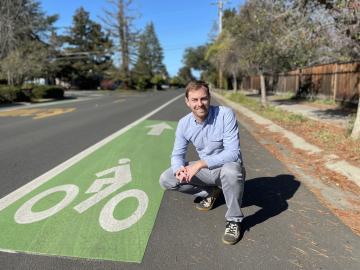
David McCollum is using his interdisciplinary expertise, international networks and boundless enthusiasm to lead Oak Ridge National Laboratory’s contributions to the Net Zero World initiative.
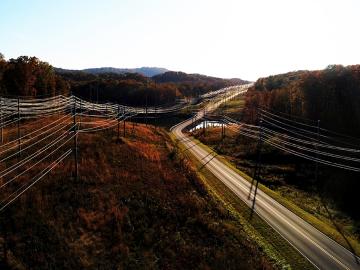
ORNL and the Tennessee Valley Authority, or TVA, are joining forces to advance decarbonization technologies from discovery through deployment through a new memorandum of understanding, or MOU.
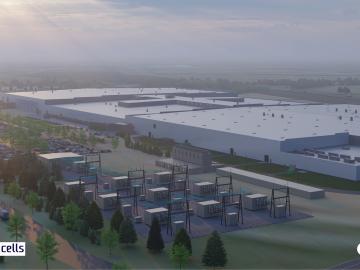
ORNL, TVA and TNECD were recognized by the Federal Laboratory Consortium for their impactful partnership that resulted in a record $2.3 billion investment by Ultium Cells, a General Motors and LG Energy Solution joint venture, to build a battery cell manufacturing plant in Spring Hill, Tennessee.
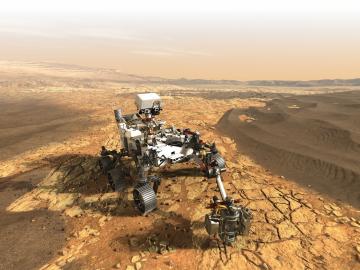
More than 50 current employees and recent retirees from ORNL received Department of Energy Secretary’s Honor Awards from Secretary Jennifer Granholm in January as part of project teams spanning the national laboratory system. The annual awards recognized 21 teams and three individuals for service and contributions to DOE’s mission and to the benefit of the nation.

A new version of the Energy Exascale Earth System Model, or E3SM, is two times faster than an earlier version released in 2018.
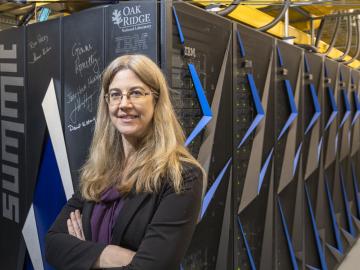
The world is full of “huge, gnarly problems,” as ORNL research scientist and musician Melissa Allen-Dumas puts it — no matter what line of work you’re in. That was certainly the case when she would wrestle with a tough piece of music.
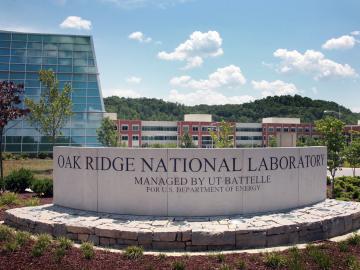
Ten scientists from the Department of Energy’s Oak Ridge National Laboratory are among the world’s most highly cited researchers, according to a bibliometric analysis conducted by the scientific publication analytics firm Clarivate.

An international problem like climate change needs solutions that cross boundaries, both on maps and among disciplines. Oak Ridge National Laboratory computational scientist Deeksha Rastogi embodies that approach.

Four first-of-a-kind 3D-printed fuel assembly brackets, produced at the Department of Energy’s Manufacturing Demonstration Facility at Oak Ridge National Laboratory, have been installed and are now under routine operating
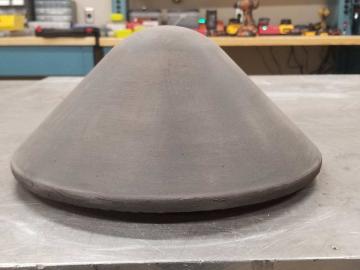
A research team at Oak Ridge National Laboratory have 3D printed a thermal protection shield, or TPS, for a capsule that will launch with the Cygnus cargo spacecraft as part of the supply mission to the International Space Station.


